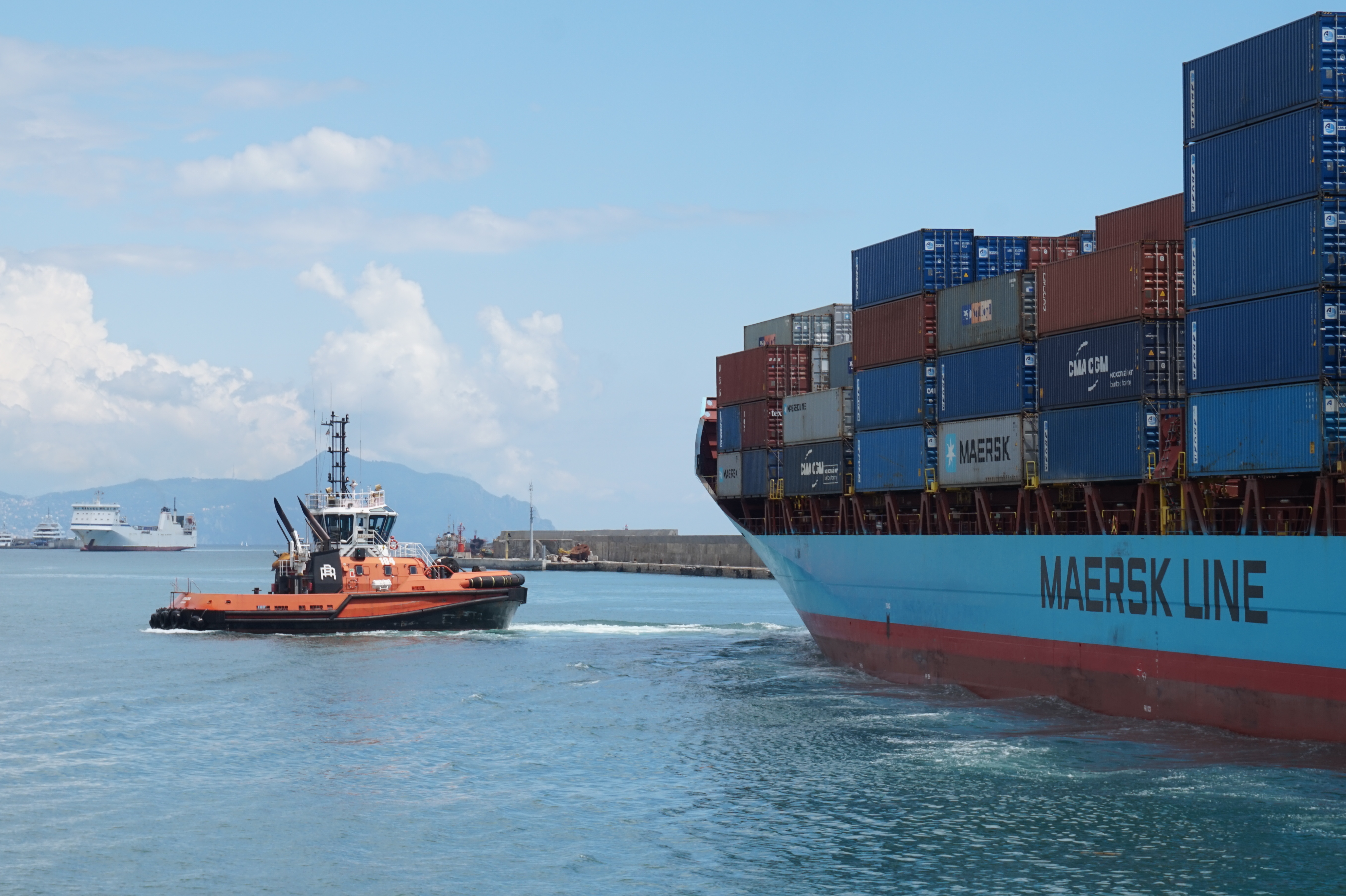Maersk’s latest Annual General Meeting (AGM) has become a political issue. At the centre of the controversy is the company’s decision to reject the double request made by a number of its shareholders to ban shipping arms to Israel and to clarify its actions in terms of respect for human rights.
The news, disclosed by the Reuters news agency, has been ricocheting across all the major media and specialist shipping publications.
The proposal, supported by over 70 human rights organizations, like Amnesty International, Oxfam and ActionAid, invited Maersk to present full documentation on the due diligence that the shipping company is required to carry out to prevent and mitigate human rights violations, in particular concerning high-risk shipments such as weapons and military equipment to conflict zones.
The organizations had, in fact, urged Maersk shareholders to use their vote at the forthcoming AGM on 18th March to demand that the company demonstrate respect for human rights by providing a certain level of transparency and accountability to their stakeholders.
The urgency of this resolution was prompted by Maersk’s alleged involvement in Israel’s restocking its military equipment. This was proved by an investigation conducted by Danwatch. The news group had recently come into possession of Bills of Lading showing how a dozen vessels owned by the Danish shipping line had transported thousands of tonnes of military equipment to Haifa during the early stages of the war in Gaza. In particular, one of these Bills of Lading appeared to show how Maersk had shipped seven Heavy Expanded Mobility Tactical Trucks (HEMTTs) in November 2023. Although they are considered cargo vehicles, HEMTTs qualify as military equipment according to the EU.
However, the proposal, submitted by one shareholder in particular, was rejected by about 98% of its shareholders at yesterday afternoon’s meeting.
A shareholder reportedly told The Loadstar that to be influential in these matters you have to have a big stake, otherwise good proposals are always rejected because they are not investment-friendly.
The Board of Directors defended its position, arguing that the initiative was completely wrong from the outset, since Maersk has a strict policy on the issue and does not ship weapons or ammunition to active conflict zones.
“When we draw a line between what we accept to transport and what we don’t, it’s done after a very careful assessment and considering recommendations and regulations. We realize that our line may not coincide with the wishes of everybody.” said the Liner’s CEO, Vincent Clerc, stressing that the company is fully compliant with US and EU regulations and UN conventions on the matter.
Mr. Clerc denied having transported arms and ammunition during the war in Gaza. He did, however, acknowledge that he had sent restricted shipments, albeit in compliance with existing rules and regulations.
The Chairman of the Board, Robert Maersk Uggla, rejected accusations that he had indirectly contributed to the massacre in Gaza by transporting military equipment to Israel. He said he found it quite unacceptable to say that Maersk was contributing to genocide, stressing that they were doing their best to support some of these conflict areas by transporting basic necessities and first aid.
The request to provide additional due diligence documentation on human rights was also rejected. Mr. Clerc asserted that he saw no need to set up additional disclosure requirements via the annual general meeting beyond those of the Corporate Sustainability Due Diligence Directive (CSDD), the European Union directive establishing obligations in relation to negative impacts on human rights and the environment generated by company activities and their value chain.
According to the directive, each company has to implement a risk-based due diligence on human rights and environmental issues, integrating it into its risk management policies and systems, and preventing, mitigating and remediating any negative impacts.
Translation by Giles Foster

